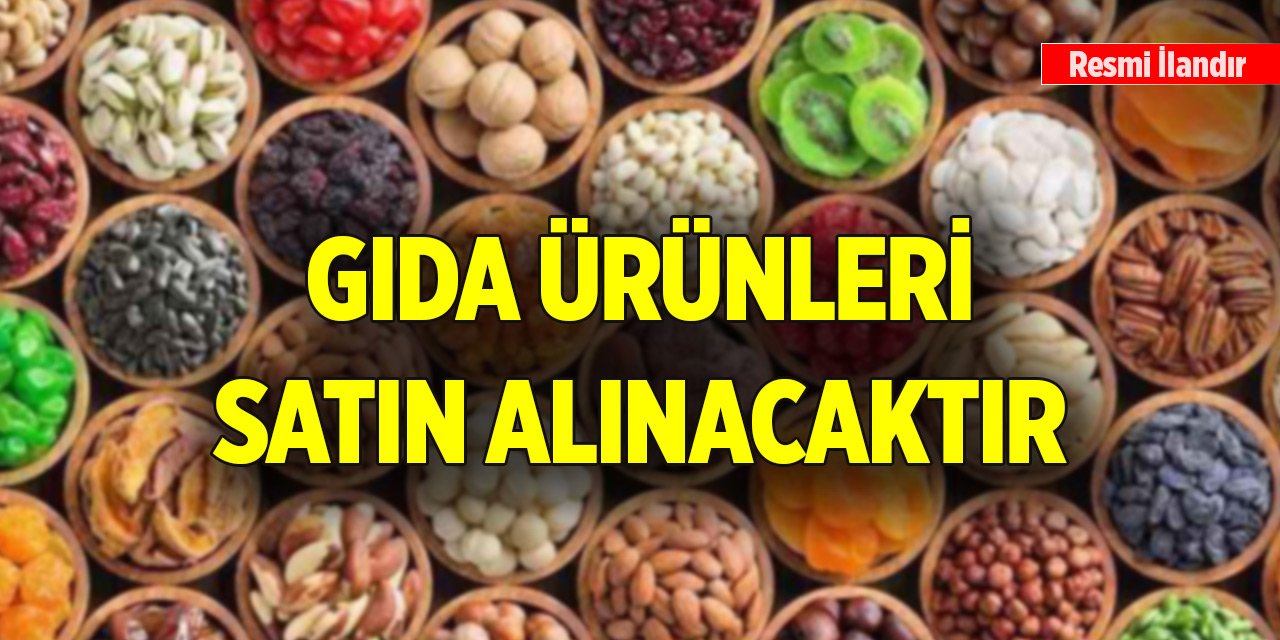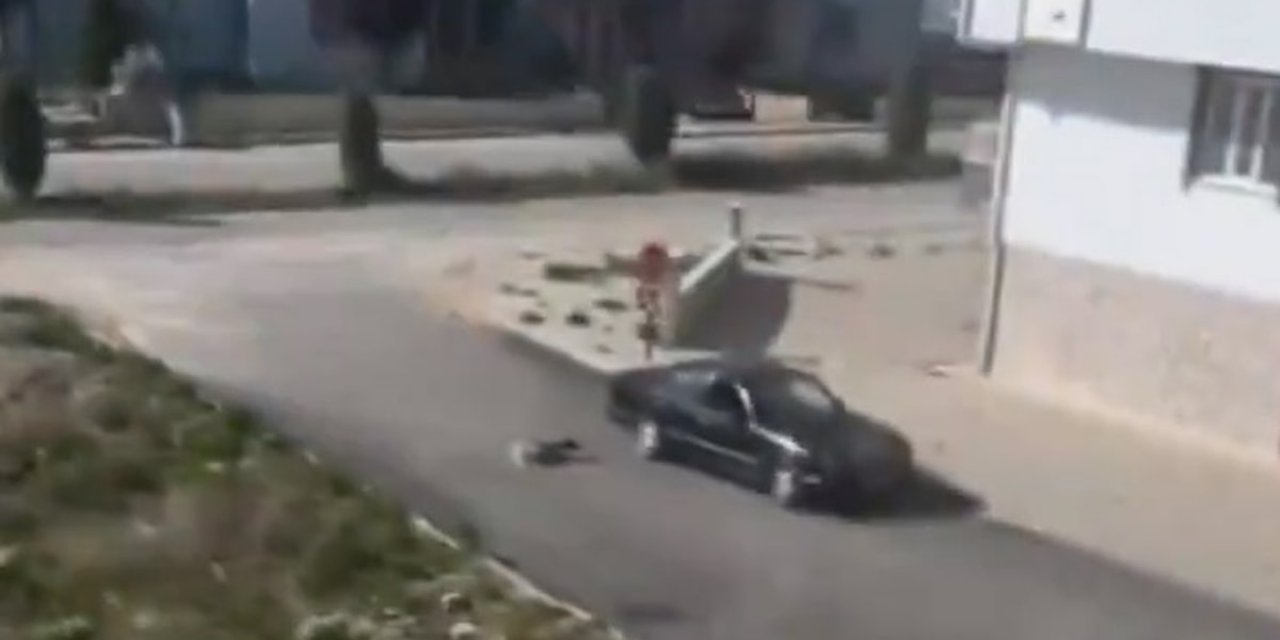Konya contributes to the environment

Turkey in the "Communiqué on Import Controls of waste" were made to some of his writings. According to this change, the imp ort of waste plastics and waste printing cards was banned. Saying about some companies related to waste recycling in Konya, Konya Technical University Faculty of Engineering and Natural Sciences Environmental Engineering Department Dr. Faculty Member Merve Kalem said, "Konya is at a successful and effective level in terms of recycling waste."
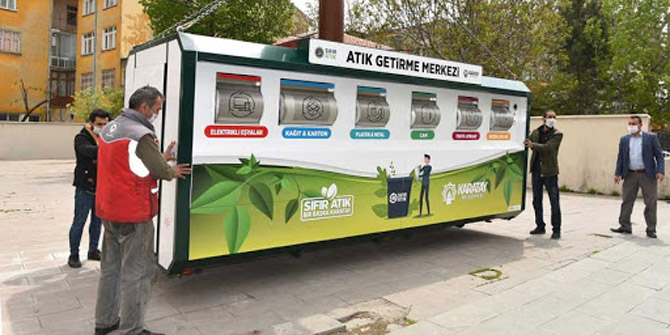
WHY WAS IMPORT OF WASTE PRODUCTS PROHIBITED?
Explaining the reasons why advertising of his purpose was banned, Dr. Faculty Member Merve Kalem, "Circuit boards are used in electronic devices and they have parts made of heavy metal due to their functions. One of the reasons why circuit wastes are prohibited to import is that they contain a heavy metal in density. Since these circuit boards are recycled with other wastes by some recycling companies. These heavy metals are highly risky to the environment. These pollutants and heavy metals play an important role in air, soil and water pollution when you give them directly to the environment. For example, these pollutants enter groundwater over time and these waters are ecologically sensitive. "It is an appropriate decision to ban waste circuit boards, which are classified as hazardous waste, for such reasons."
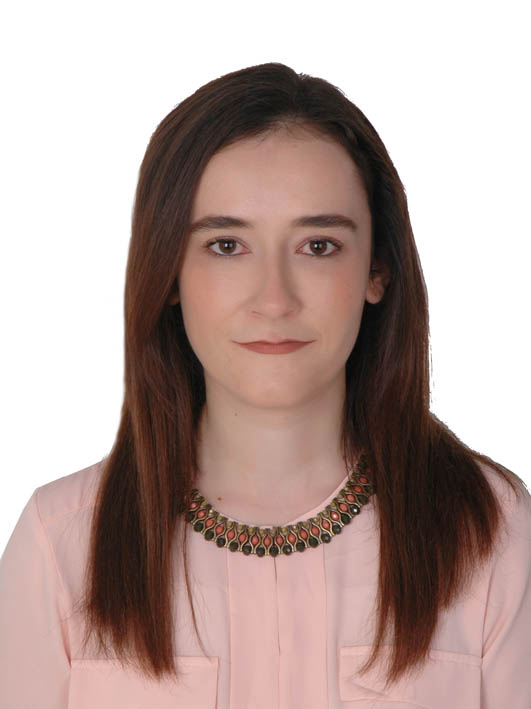
‘KONYA IS EFFECTIVE IN THE CONTROL AND MANAGEMENT OF WASTES’
Underlining that Konya has a developed industry, Kalem said, “There are small and medium industrial zones in various capacities. High quality metal and plastic waste comes from these industrial areas. Metal wastes are dangerous in size. It is thickened on contamination with plants and living beings. Companies operating in Konya in the transformation of transformation. In Konya, we also have companies that directly recycle metal wastes and produce new metal raw materials from waste metal. Metal recycling takes place in a healthy way in these companies. We also see that the units affiliated to the Ministry of Environment and Urbanization and Environmental Consultancy firms are effective in Konya in terms of monitoring, inspection and management of these wastes. One of the most concentrated waste types in Konya is plastic waste. In the same way, this plastic is not preferred in terms of disposal when you do not recycle it.
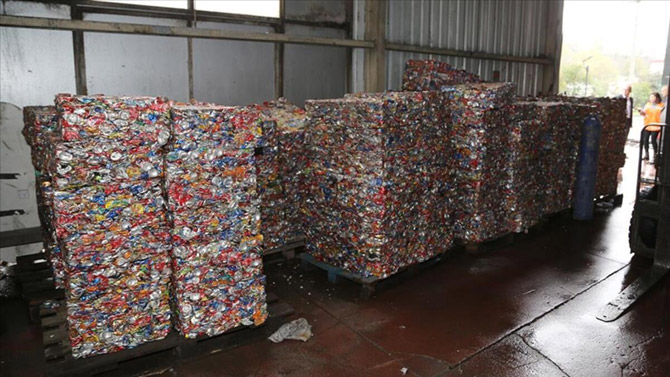
‘NEGATIVELY AFFECT THE LIVES’
Referring to the fact that plastic wastes do not dissolve in the soil between 200-1000 years depending on their types, Kalem said: “The disadvantage of plastic wastes for a landfill is their high volume. That is, they take up too much space and can shorten the life of storage areas prematurely. Plastic waste does not dissolve in the soil for centuries. After it starts to dissolve, some organic pollutants and metal pollutants from the dyes in their bodies can also negatively affect the environment and living creatures in the environment. There are quite a lot of companies operating in Konya in terms of recycling plastic waste. These operate according to the type of plastic. While some companies recycle high density polyethylene, some companies recycle pet waste, that is, pet bottles. Konya is at a successful and effective level in terms of recycling waste products. " Stating that some recycling companies do not want to recycle plastic bags on the grounds that they damage their recycling equipment, these bags, which are difficult to recycle, are paid for a decrease in the rate of plastic bag usage, therefore, the potential to create waste decreases and its negative impact on the environment, albeit partially. He added that he was decreasing.
'CONSCIOUSNESS ABOUT THE MASK'
Emphasizing that citizens should be aware of masks, Kalem said, “During the pandemic period, especially when the masks that may be infected with Covid-19 or different disease-causing microorganisms are thrown to the ground, the air and soil environment are likely to be mixed with microorganisms that cause these infections. Absolutely, masks should not be thrown directly. They must be collected and disposed of in certain containers in residential areas. These are somewhat classified as medical waste. Medical wastes must be disposed of by sterilization method. We recommend that these masks not be stored mixed even with other rubbish. In this sense, the awareness of our people should be raised. Various special small containers can be placed in our neighborhoods where we have residences, and special mask collection boxes can be placed in the places we work. "These mask wastes need to be disposed of and removed by appropriate methods after being kept in closed environments for 72 hours." Lastly, by referring to the impact of environmental pollution on climate change, he said, "We can say that not only imported and self-produced domestic wastes, but also waste gases and wastewater from industrial facilities operating in industrial zones, which are not controlled and controlled, are a factor in climate change.
SÜMEYRA KENESARI / YENİ HABER
